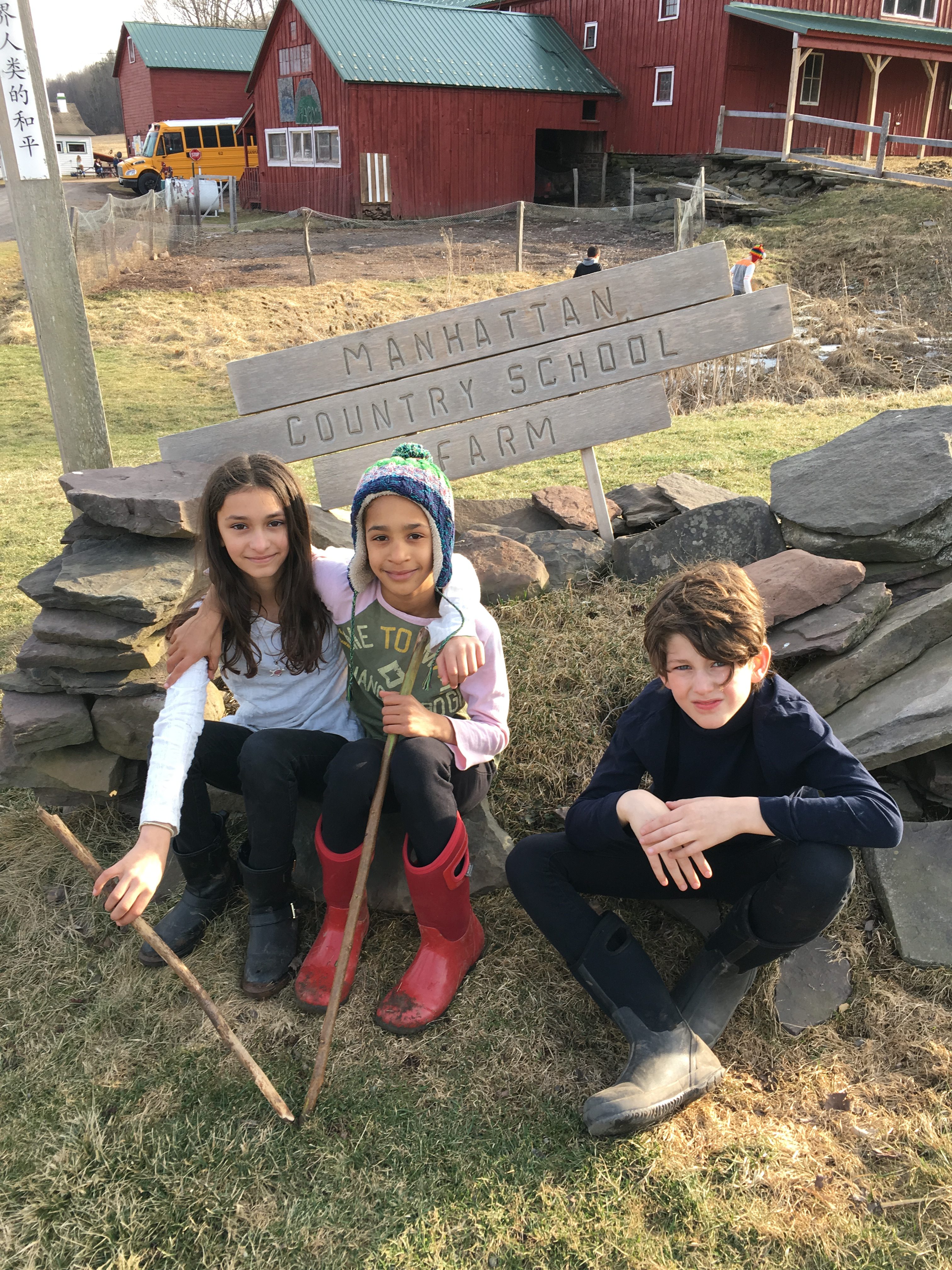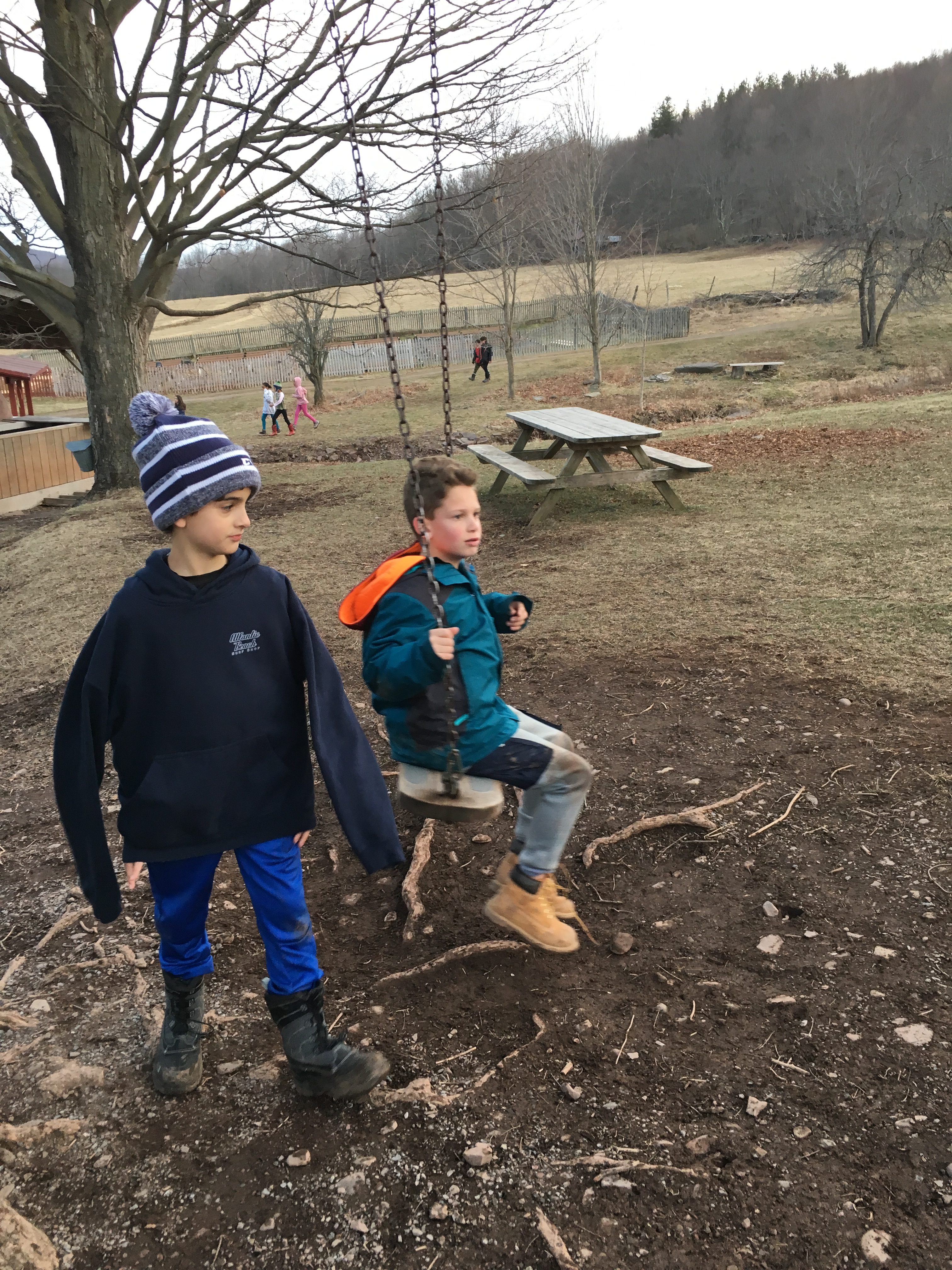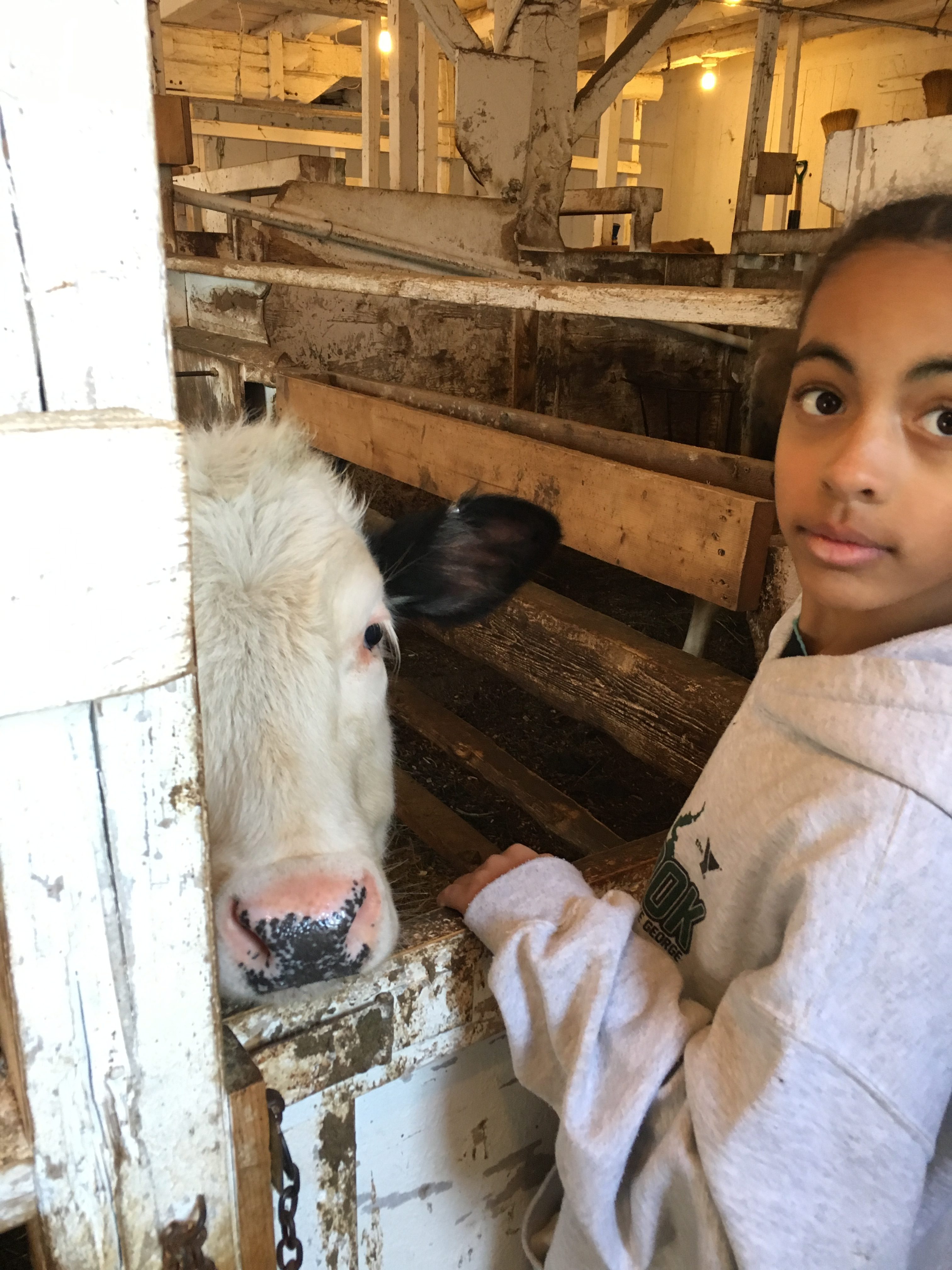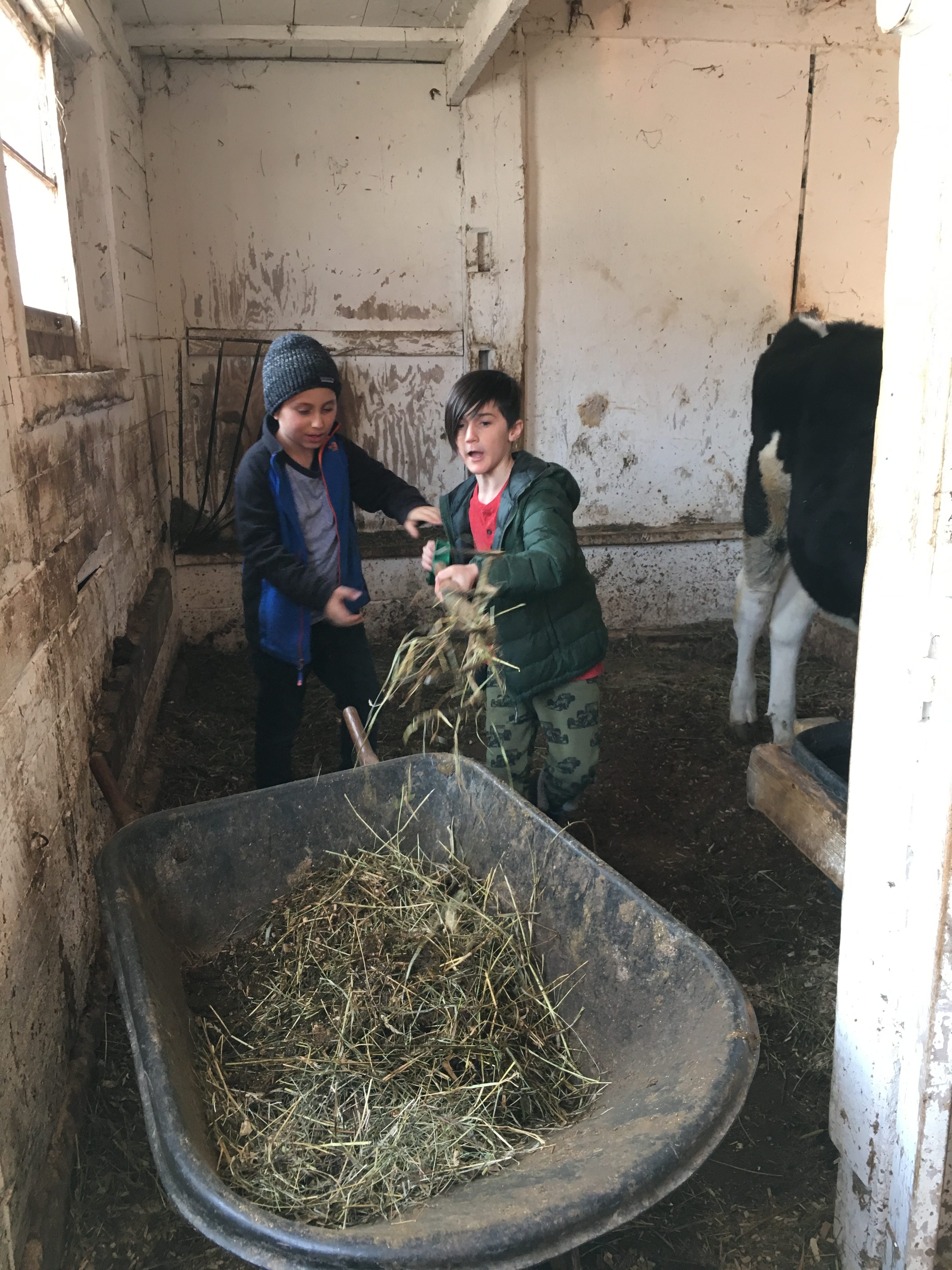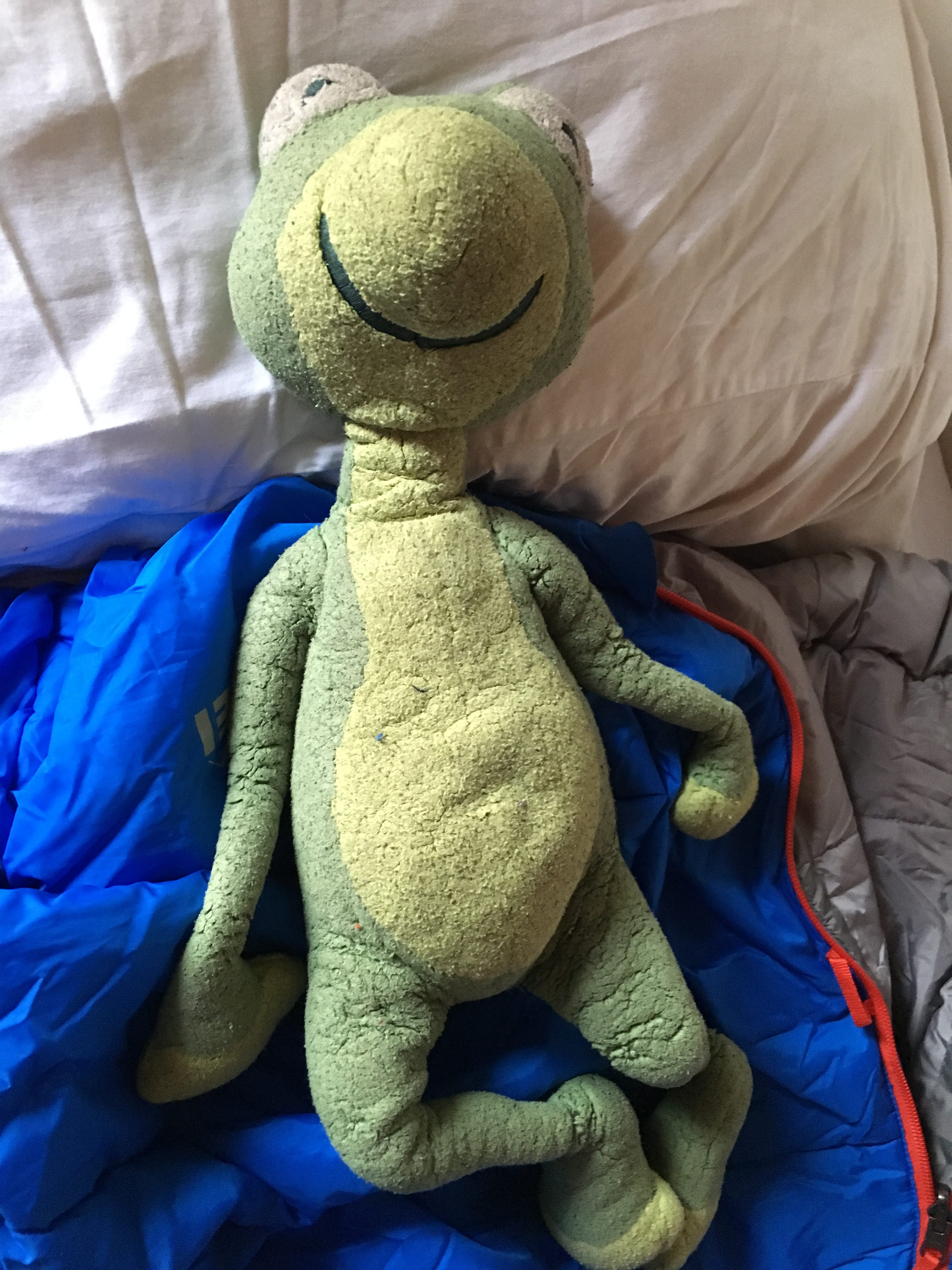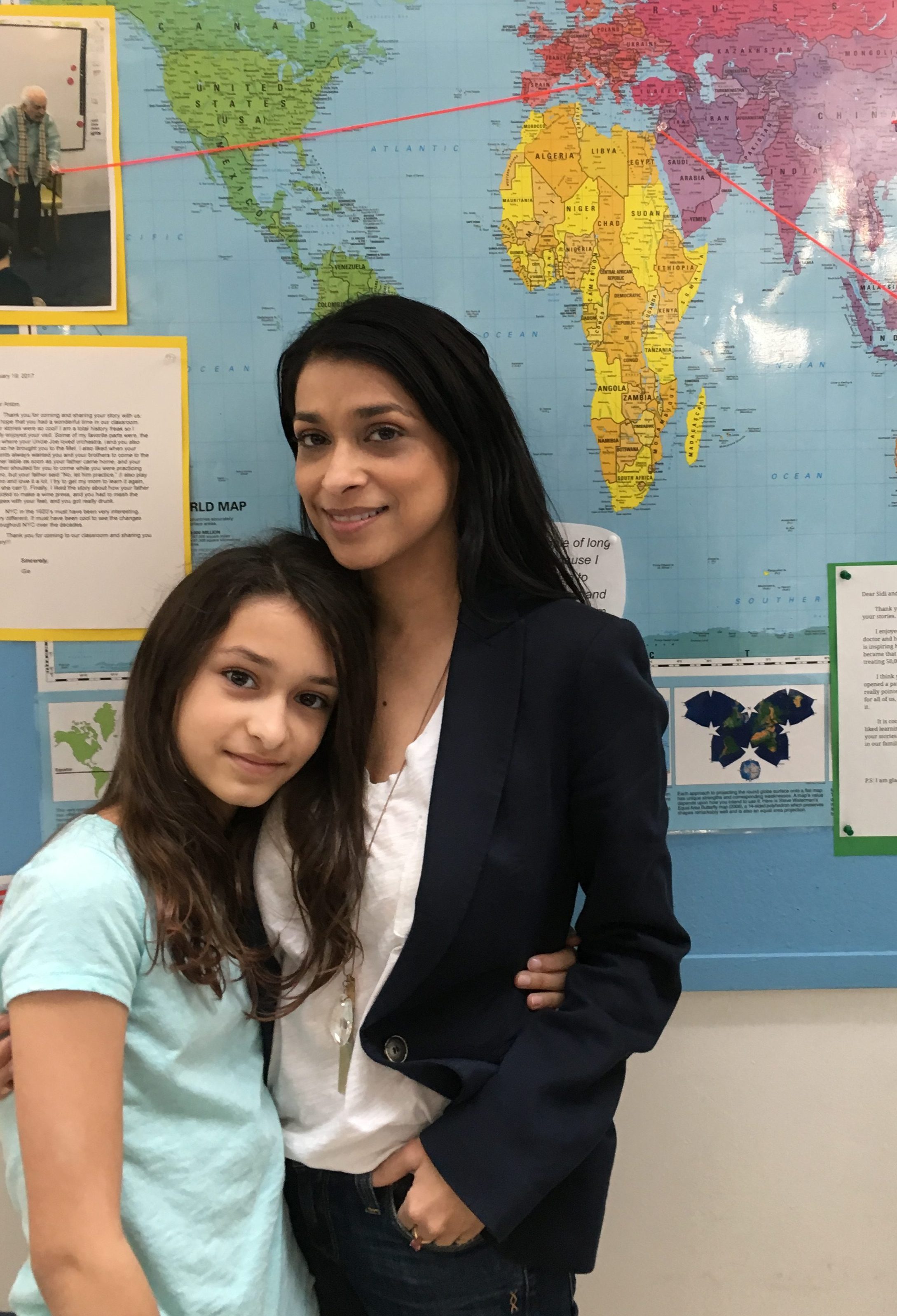 February 27th, 2017
February 27th, 2017
AN INDIAN IMMIGRANT’S STORY
By Gia Garland
NY, NY – Earlier today, Payal-Nevatia Garland, a mother of one of the kids at LREI’s 4th Grade, shared her immigration story. She came from Madras, India in the early 1990’s with her parents and older brother, and moved to New Jersey. Her father was a businessman and used to always travel to the U.S. Whenever he came back, he would always bring stuff from America back to India for his kids.
Payal read American books while she was growing up in India. She went to the movie theater and watched American movies, she watched American TV shows, listened to American music, etc. Basically she liked American stuff, and everyone in her age group did too.
The city Payal grew up in was very different from any American cities. Animals such as cows and dogs were allowed to wander around in the streets.
“Once when I was in 5th or 6th grade, my class took a field trip to a farm.” said Payal. “The farmer milked the cow and made us all drink unpasteurized milk. I refused to drink it, but they forced me to. As a result, I puked.” The entire grade said “Eeeeeew!”
Payal had a house that was very big. It had six bedrooms, a living room that was the size of an elementary school classroom, a kitchen that was the size of a bedroom, and a front yard+backyard. The house had other residents too. Her grandmother, aunt, two uncles, and cousins also lived with her, her brother, and her parents.
When Payal moved to America, she was 18 years old. Since she usually had maids to do her housework, she was not used to doing housework by herself. She had already completed a year of college in India, but when she came to America she had to re-do her first year of college. Her brother was 21, so he didn’t have to redo college. She also had to learn to drive on the other side of the road. In India, the steering wheel is on the
right side of the car instead of the left.
“Adjusting to a new life in a new country must have been hard. A change is good every once in awhile, and having a fresh start is good too. Meeting new people, making new friends, it’s all part of life’s journey, ” says daughter Gia.
We’re All Family…In America!
By Lorenzo Brigode
Payal is a immigrant from Madras, India who came to America when she was 18.
Her dad applied for a green card for them when she was 7 or 6, but they got it when she was 18. Payal already had many ties to America, especially New York. Many of her relatives moved to NYC and NJ. When she was still in Madras, Payal went to school, her first school, which she described as, “an organized forest.” In the school there were bugs, hawks, birds, butterflies and many other kinds of animals. There were many trees and there was one big Banyan tree that they would all play on. That school was very big – it was 20 blocks long, that’s about 2 miles. She said that it was a good 15 – 20 min walk from homeroom to art. She also said that it was fun to go sightseeing on walks to classes, “We would look at a nest a hummingbird might have made and we would look at the birds.” Her home was big, “like 10 bedrooms and 3 floors,” Payal recalls. Once a coconut tree fell on the bedroom of her parents, but because everything is concrete there was very little damage. Teachers were very strict, they would slap the hands of kids that were messing around with rulers “OUCH!!”
There were many differences between India and America. Payal saw snow for the first time in America when she moved.
When Payal came to America, in the airport a stranger smiled at her which she thought that was weird, in Madras NO ONE smiled at each other.
Payal now has a daughter and is doing great in America. She also still goes to Madras sometimes.
Immigrant From India
by Ezra
NEW YORK-Fourth Grader Gia Garland’s mom, Payal, came in and talked to the fourth graders about emigrating from India.
She lived in a small town called Madras. When Payal was younger, she had lots of connections to America. Her dad used to work in NYC and sometimes brought stuff back, but he was always going back and forth.
“My school was about 20 blocks long,” she said, before a chorus of wows from the fourth graders. There were lots of trees near the school and sometimes animals came into the school. Once there was a snake that came into the school. There was a big banyan tree that spread throughout the school that kids liked to play on.
Her dad applied for a green card when she was 6 or 7, but she got it 11 or 12 years later, when she was 18. “When I walked into my aunt’s house in a New Jersey suburb I was like ‘Where are all the people?!’” said Payal. “I was used to growing up with all my family members like uncles and cousins etcetera.” Her parents go back to India every winter.
“One of my first impressions of America was when I got off the plane a stranger smiled at me,” said Payal. “That had never happened to me before.” She also had to relearn how to drive.
A lot of the fourth graders impressions were “I want to go to India!” It would be really fun. It was also cool learning about this immigrant from India!
An Indian Immigrant’s Story:
by Margot Story
MANHATTAN, NY-Today, February 27, Payal Nevatia-Garland came in to talk to a Fourth Grade class at LREI.
Payal Nevatia-Garland is an Indian immigrant, and the mother of Gia Garland in the Fourth Grade at LREI. She grew up in Madras. She moved to the U. S. when she was eighteen. Her father had gone to New York frequently because of business. “My father applied for a green card when I was about six or seven, and we only got it when I was eighteen. So that was about ten years, and a lot had changed.” She said that her father’s business crashed, and so they had no reason to go to America anymore.
“My parents realized that the education would be better for me and my brother.” Payal said. Payal’s father had connections to people who had gone to “amazing” colleges and schools in the United States, like Princeton and Harvard. So they came to America.
“I went to one year of college in India, because apparently in India we start college a year earlier.” In America, Payal went to Rutgers.
“It’s a very good school,” she said about Rutgers.
“I lived in a huge house, like, six bedrooms.” In Madras Payal lived in a big house with a lot of her family. She had cousins on both her parents sides living with her, along with her grandmother. She said that she enjoyed living with so many kids.
“I went to a school a lot like LREI, where they taught, hmm, progressively.” Payal went to a school in Madras that she said was “like 20 blocks, maybe?” There they taught subjects like Woodworking and Weaving. Payal stayed at that school until Fifth Grade, when she was ten years old. There were a lot of trees at her school.
“There was a huge tree, a Banyan tree? Sometimes my friends would swing on the roots which wasn’t completely safe, but still fun.” There was a lot of wildlife near her first school.
“At my next school, the teachers were a lot stricter.” Payal said when she talked about the difference between her schools.
Payal had to relearn how to drive when she came to America. She also had no practice in India about how to cook or clean, so she struggled when she first had to fend for herself in New York.
“I saw snow for the first time when I was eighteen because there was such hot weather in India,” Payal explained.]]>
 “To Elisabeth democracy means responsibility. She wants everybody to feel comfortable in LREI/community. Elisabeth wants school to be a comfortable place where no one can get bullied or hurt. That is what democracy means to Elisabeth Irwin.” –Bailey
“To Elisabeth democracy means responsibility. She wants everybody to feel comfortable in LREI/community. Elisabeth wants school to be a comfortable place where no one can get bullied or hurt. That is what democracy means to Elisabeth Irwin.” –Bailey
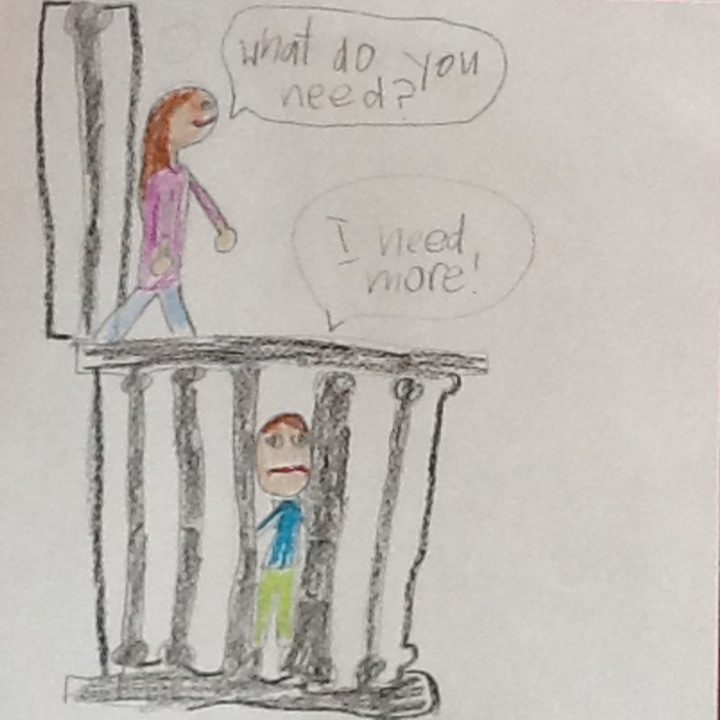 “Democracy means to Elisabeth Irwin that everybody helps each other and works together to make a well oiled community. Elisabeth Irwin said “…escaping from the narrow cell of personal needs and interests…” I think she means that you have to think about others and not just yourself to have a happy democracy. I think she also means that you have to let go of yourself and think of others needs to, which can be hard for many human beings. She said “…a commitment to using knowledge to make a difference in the world…” I think that means that she thinks people should use their knowledge for good and to help instead of using it against people, she means to use it to learn and provide to the community. My version of that sentence is that democracy means that the people have to be more than the people but the people who provide information and make the democracy machine work.” – Laiali
“Democracy means to Elisabeth Irwin that everybody helps each other and works together to make a well oiled community. Elisabeth Irwin said “…escaping from the narrow cell of personal needs and interests…” I think she means that you have to think about others and not just yourself to have a happy democracy. I think she also means that you have to let go of yourself and think of others needs to, which can be hard for many human beings. She said “…a commitment to using knowledge to make a difference in the world…” I think that means that she thinks people should use their knowledge for good and to help instead of using it against people, she means to use it to learn and provide to the community. My version of that sentence is that democracy means that the people have to be more than the people but the people who provide information and make the democracy machine work.” – Laiali
 “Democracy to Elisabeth Irwin means to understand other people and not just care about your self, but to care about people all around the world. She thinks it means not to take what you don’t need because there are a lot of people that actually need it. She would like to study and use knowledge to make a difference. She would also like to study community problems. Elisabeth Irwin wanted to make a difference in the world.” – Alex
“Democracy to Elisabeth Irwin means to understand other people and not just care about your self, but to care about people all around the world. She thinks it means not to take what you don’t need because there are a lot of people that actually need it. She would like to study and use knowledge to make a difference. She would also like to study community problems. Elisabeth Irwin wanted to make a difference in the world.” – Alex
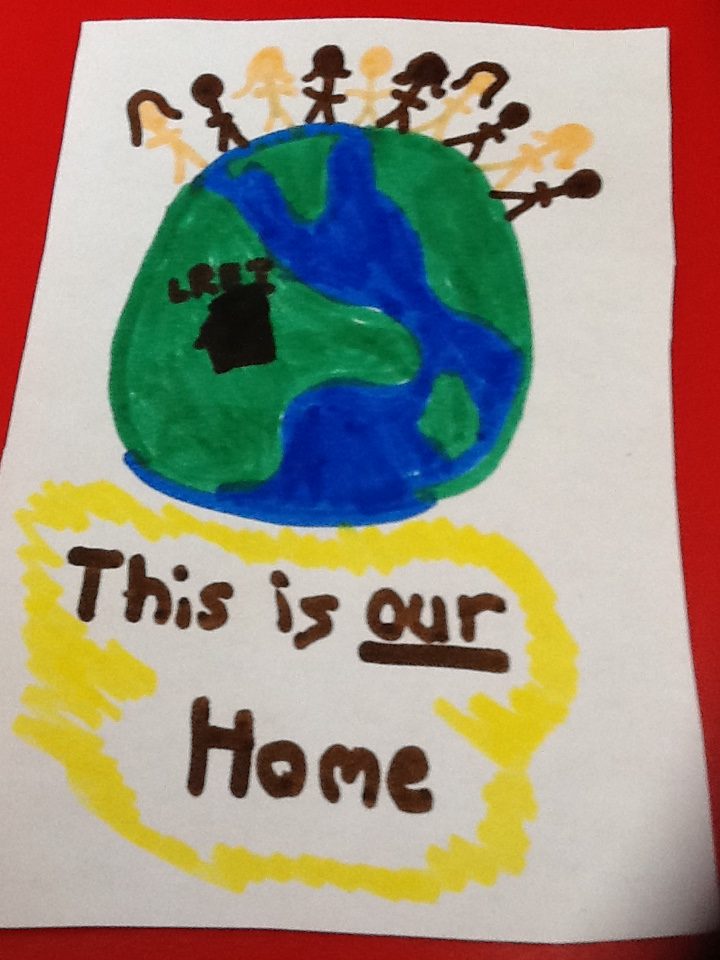 “Democracy means many things to Elisabeth Irwin. She thought that democracy meant “to reduce human drudgery…” (drudgery, hard or dull work [taken from dictionary]) which means she probably is referring to hard labor. She’s also probably referring to the LREI curriculum, because she says, “to study community problems and act upon them in a constructive, democratic fashion,” because in LREI we study the community as part of our curriculum; she also said, “a commitment to using knowledge to make a difference in the world and to enrich human life…” which also might be referring to our curriculum because we learn in a fun way and and play…A LOT. I agree with her.” – Ezra]]>
“Democracy means many things to Elisabeth Irwin. She thought that democracy meant “to reduce human drudgery…” (drudgery, hard or dull work [taken from dictionary]) which means she probably is referring to hard labor. She’s also probably referring to the LREI curriculum, because she says, “to study community problems and act upon them in a constructive, democratic fashion,” because in LREI we study the community as part of our curriculum; she also said, “a commitment to using knowledge to make a difference in the world and to enrich human life…” which also might be referring to our curriculum because we learn in a fun way and and play…A LOT. I agree with her.” – Ezra]]>

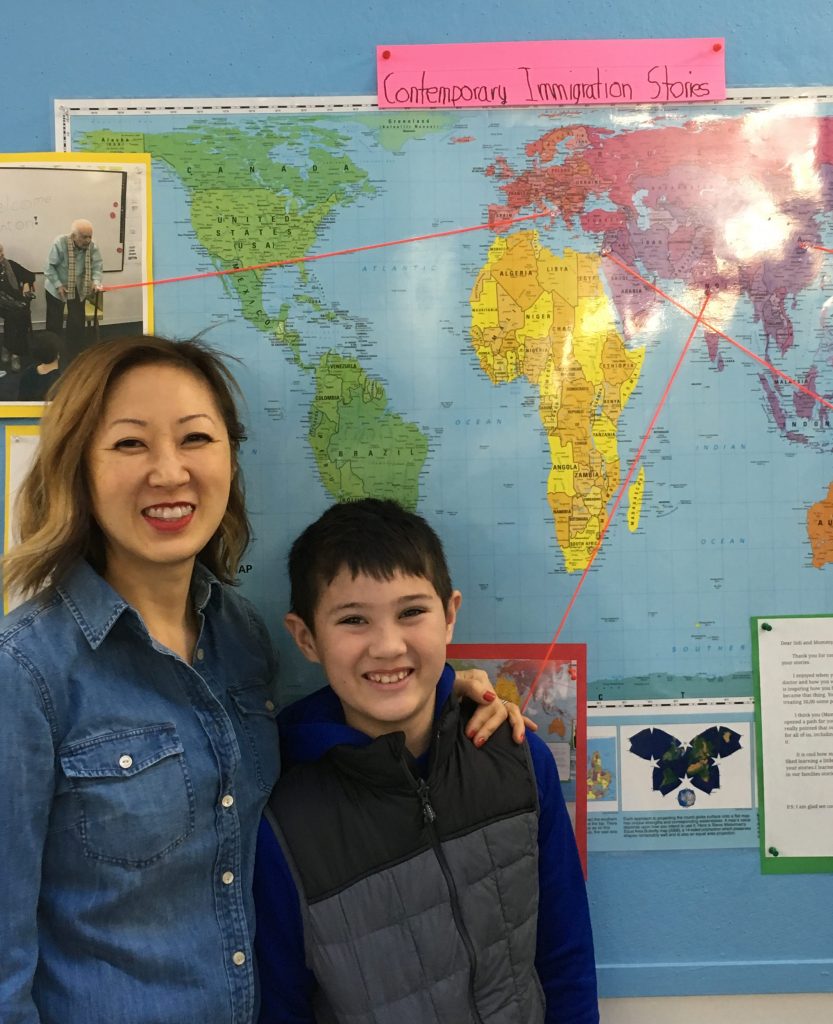 3/9/17
Dear Mom,
Thank you for coming into our class to talk about your immigration from Korea. It was really fun because I really didn’t know all that much about your immigration. I also now see why you talk about hygiene so much. I canNOT imagine not knowing my own parents, you guys are awesome!
Ah, yes, bagels I love bagels too, it’s in my DNA (literally)!
I believe your story was really interesting and I also think that it was funny how you liked the dixie cup dispenser.
Love,
Your son,
Lorenzo Brigode
3/9/17
Dear Mom,
Thank you for coming into our class to talk about your immigration from Korea. It was really fun because I really didn’t know all that much about your immigration. I also now see why you talk about hygiene so much. I canNOT imagine not knowing my own parents, you guys are awesome!
Ah, yes, bagels I love bagels too, it’s in my DNA (literally)!
I believe your story was really interesting and I also think that it was funny how you liked the dixie cup dispenser.
Love,
Your son,
Lorenzo Brigode


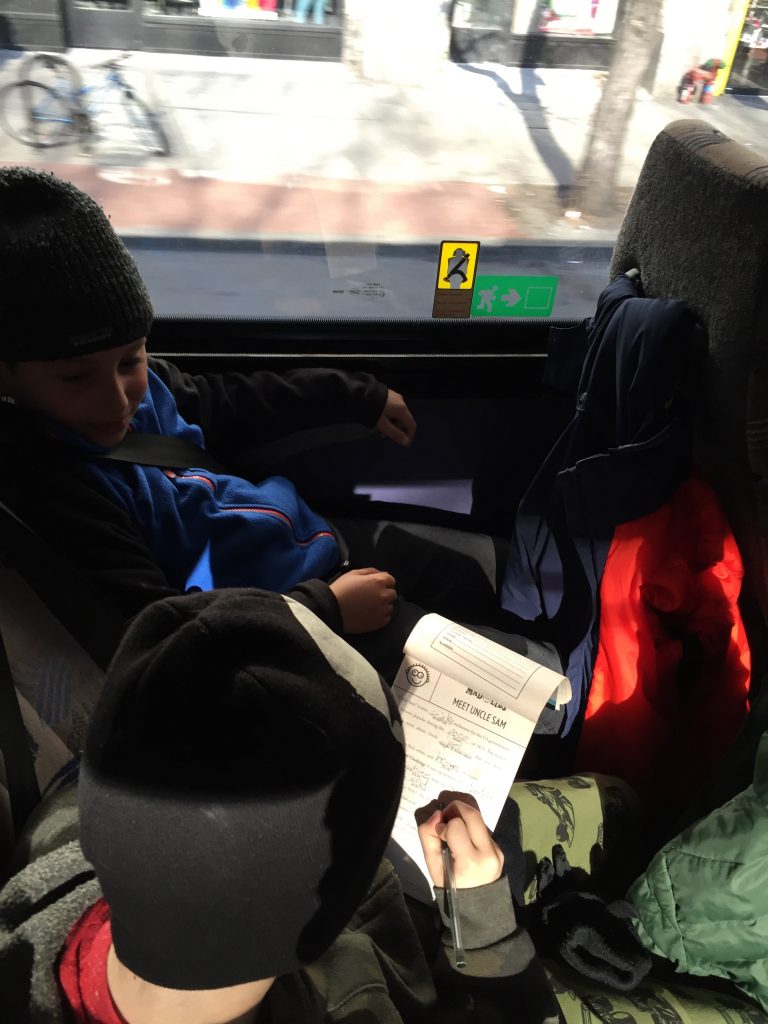
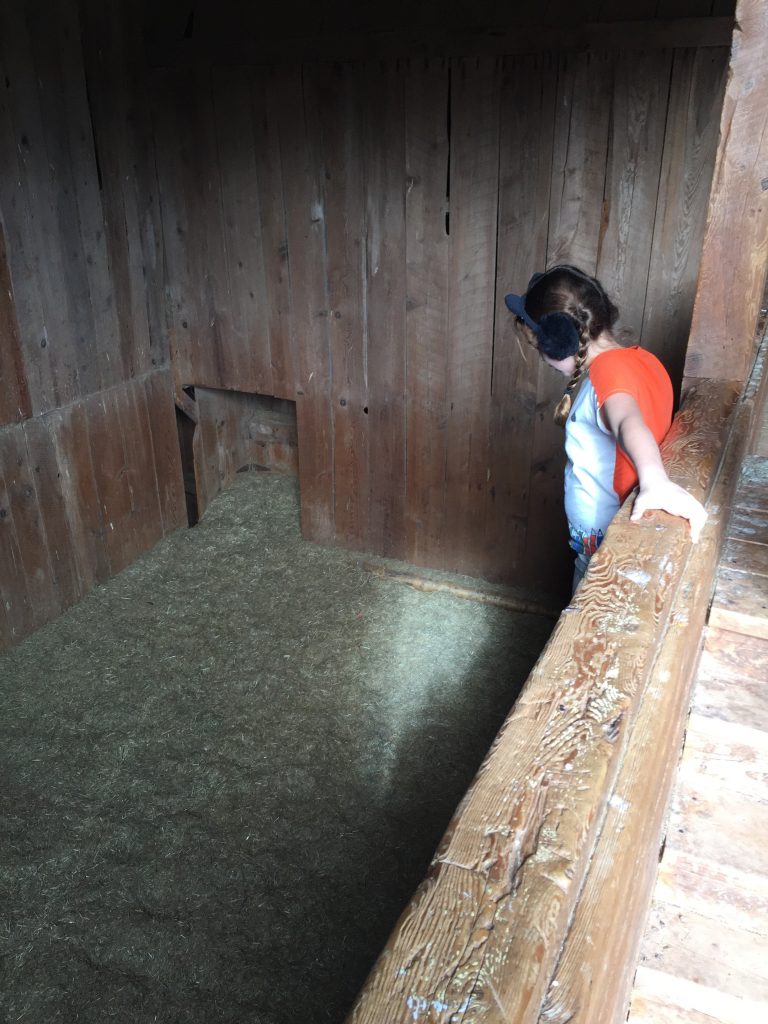
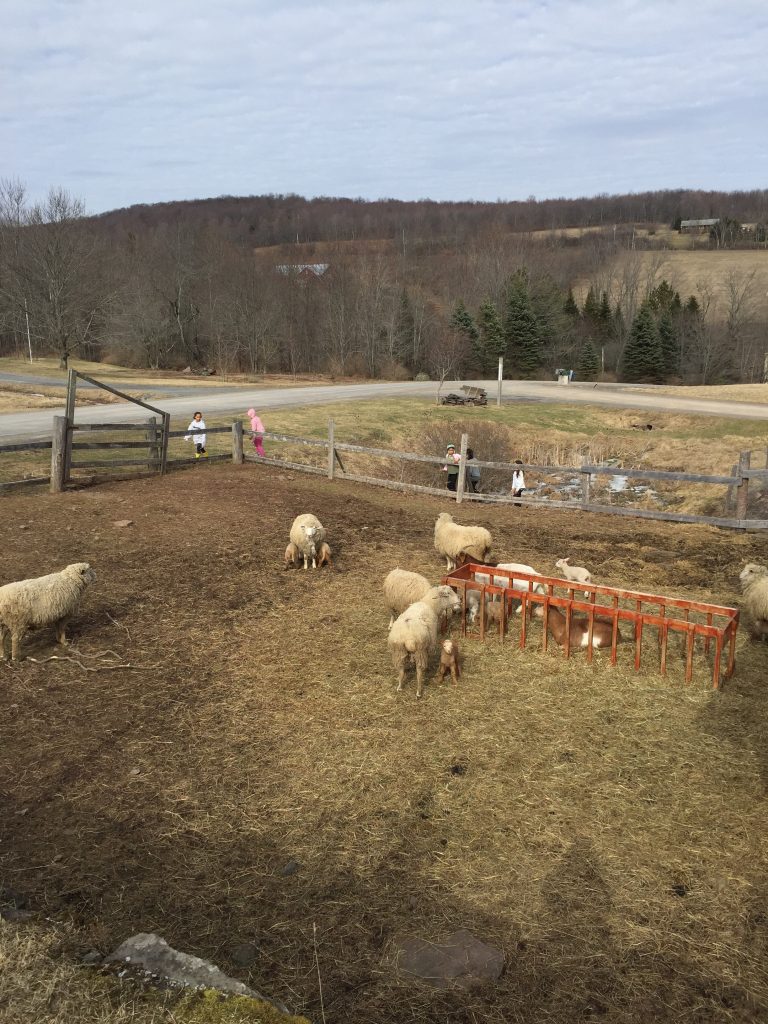
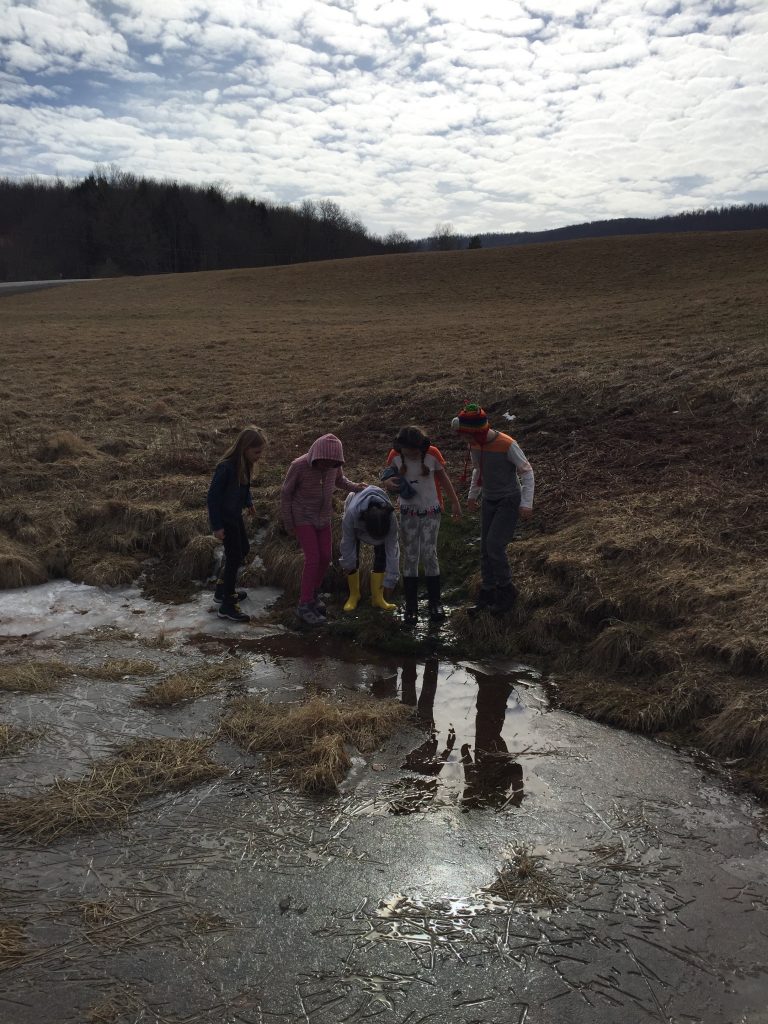
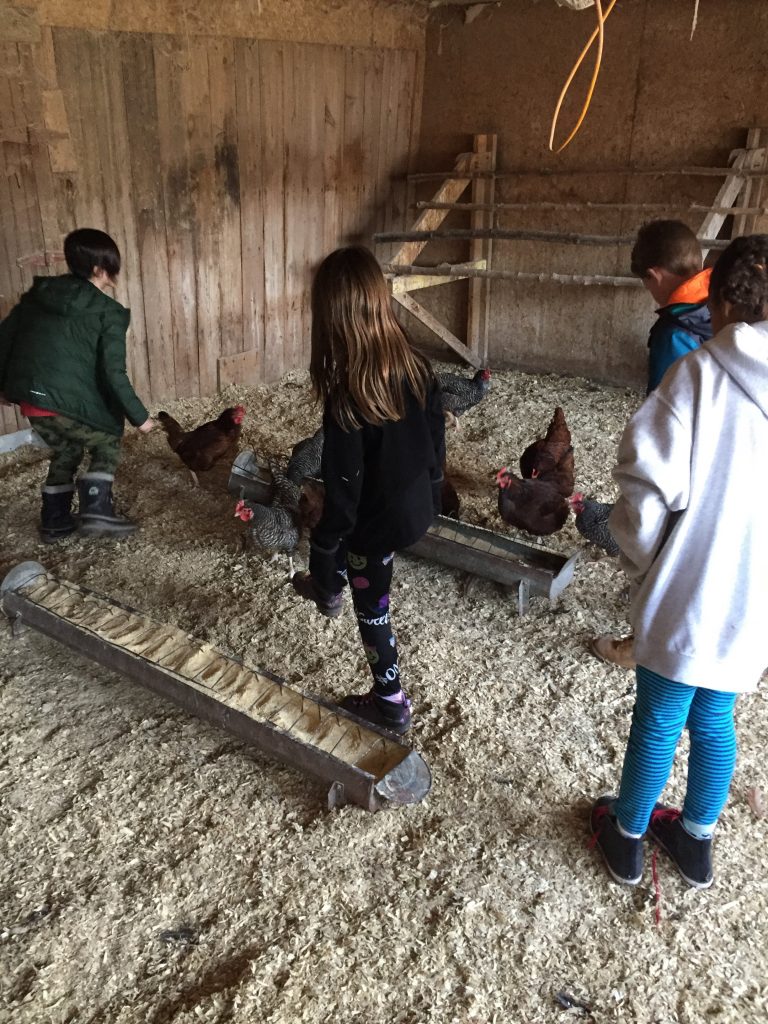
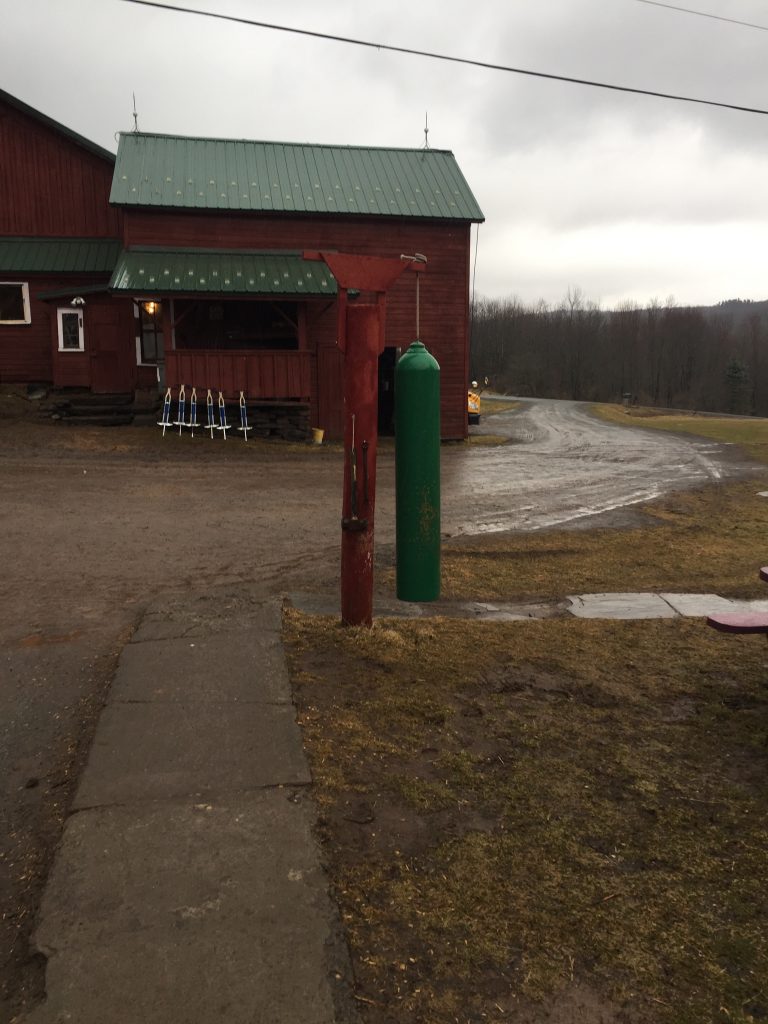

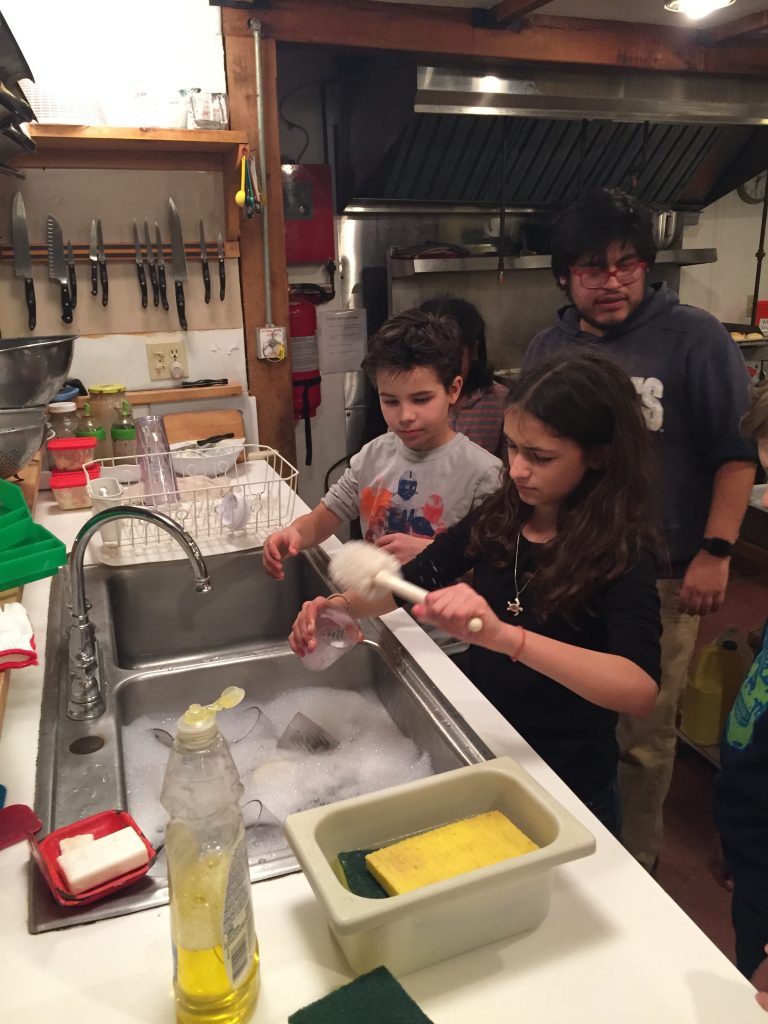
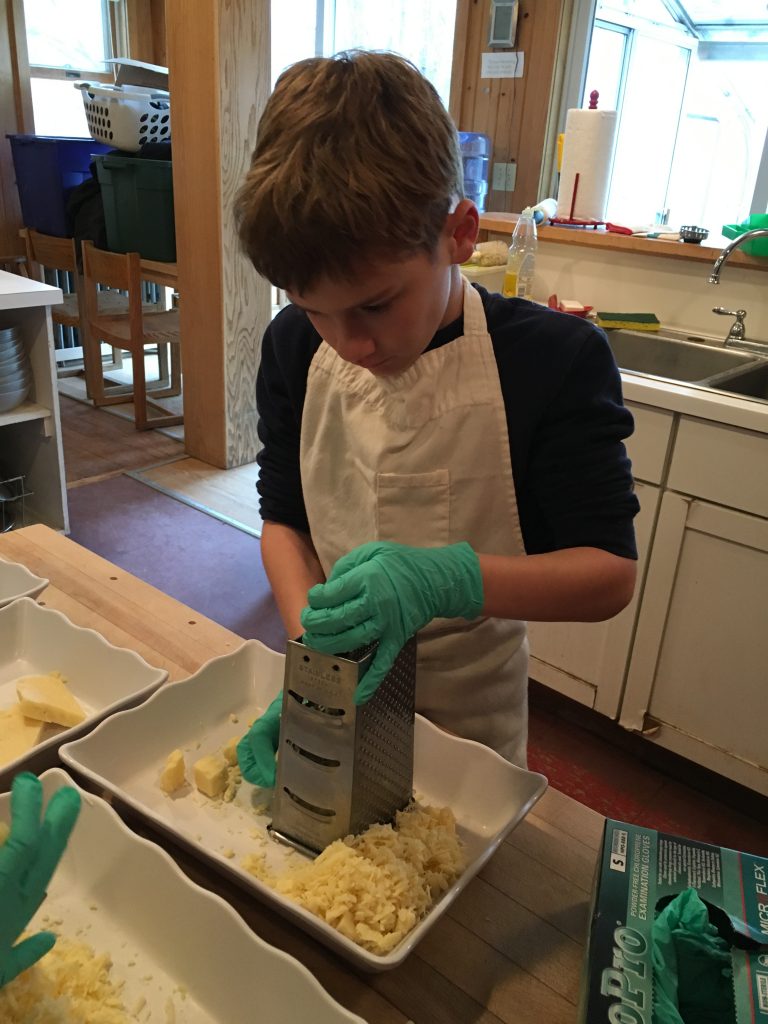
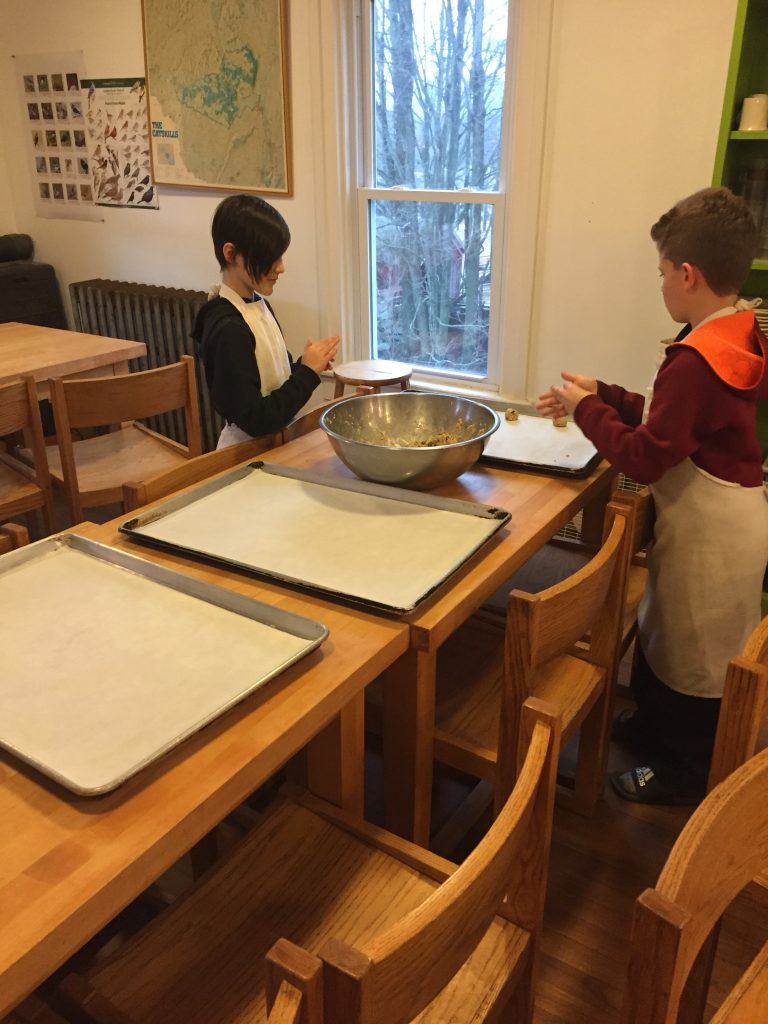
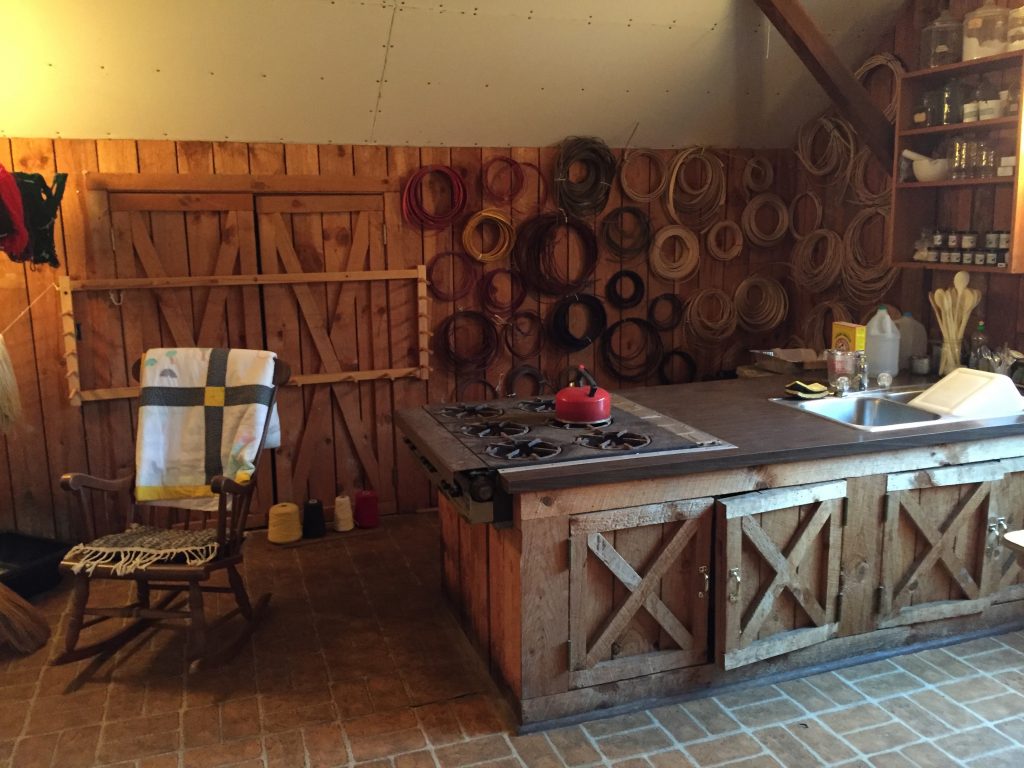

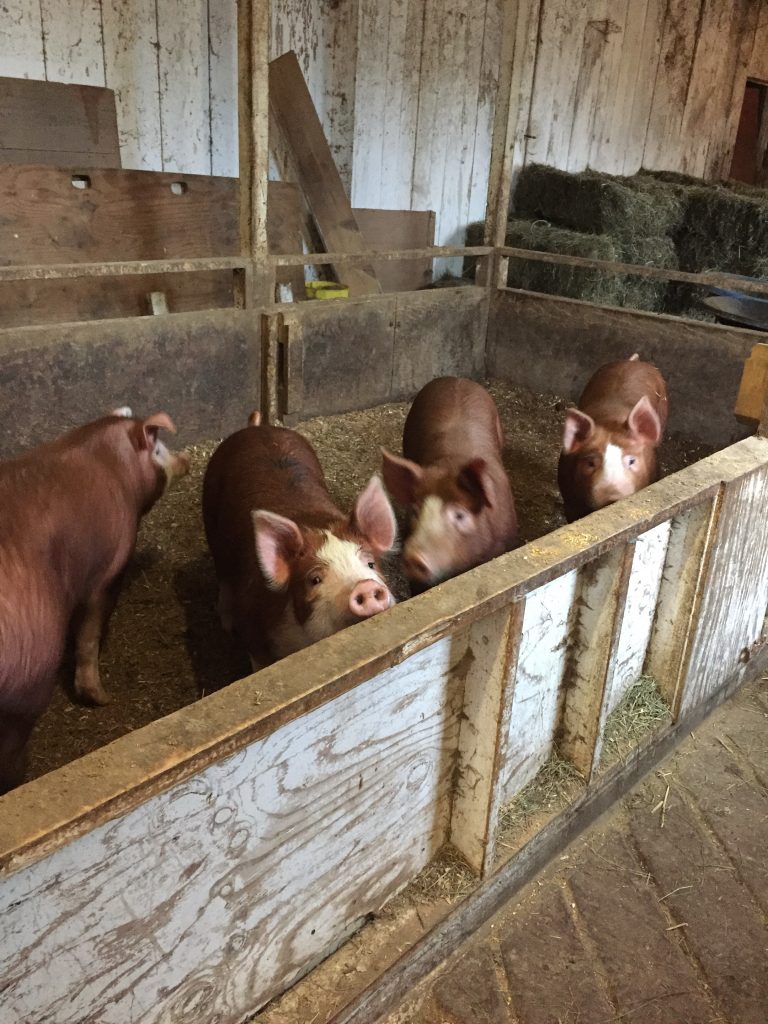
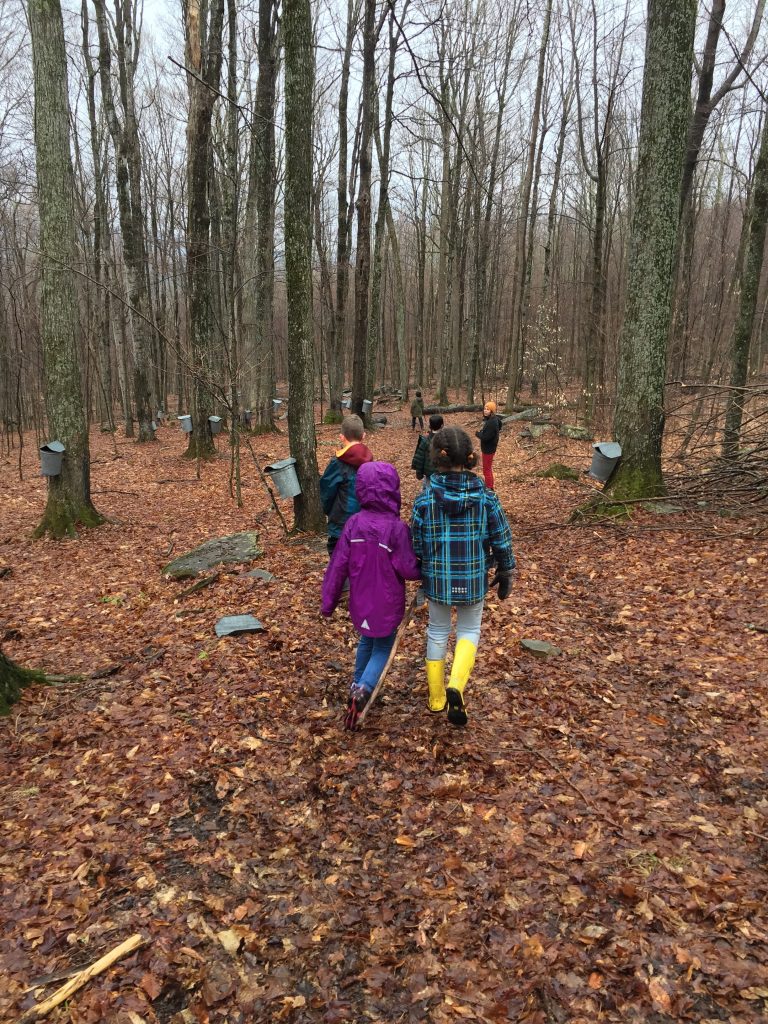
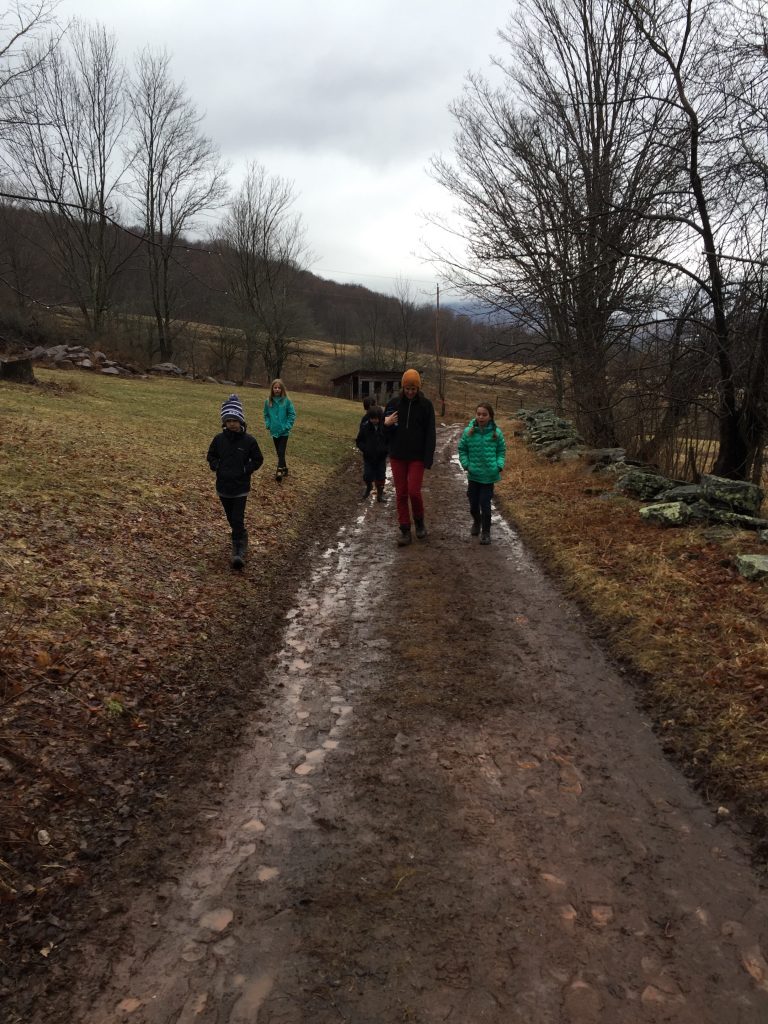
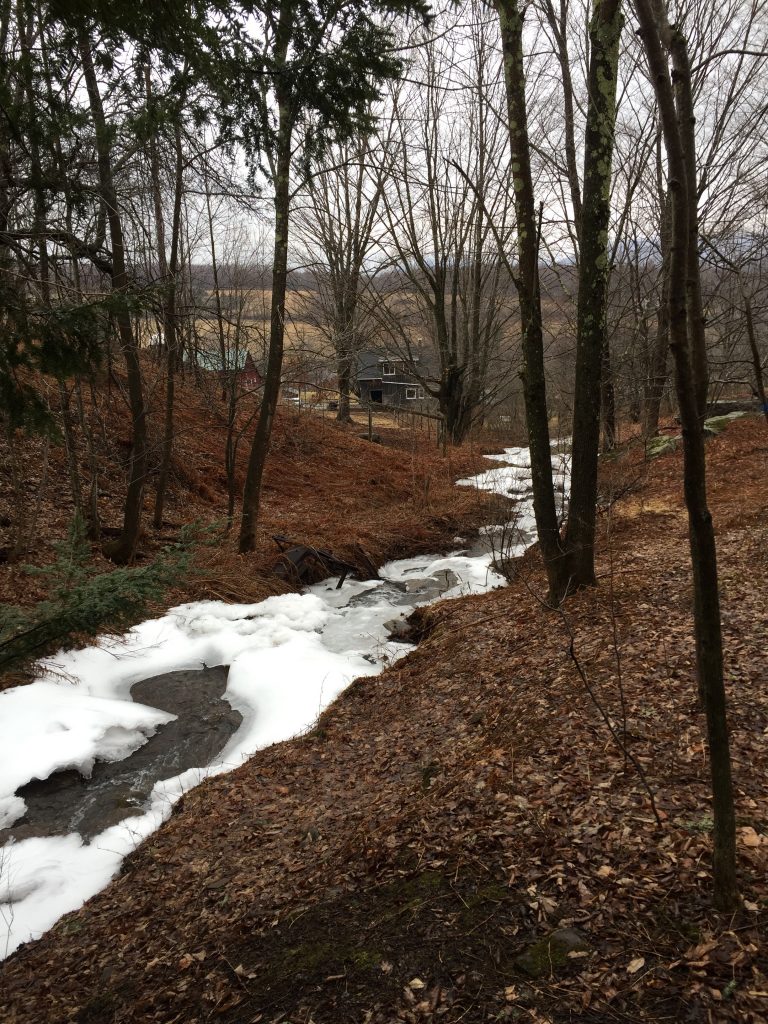
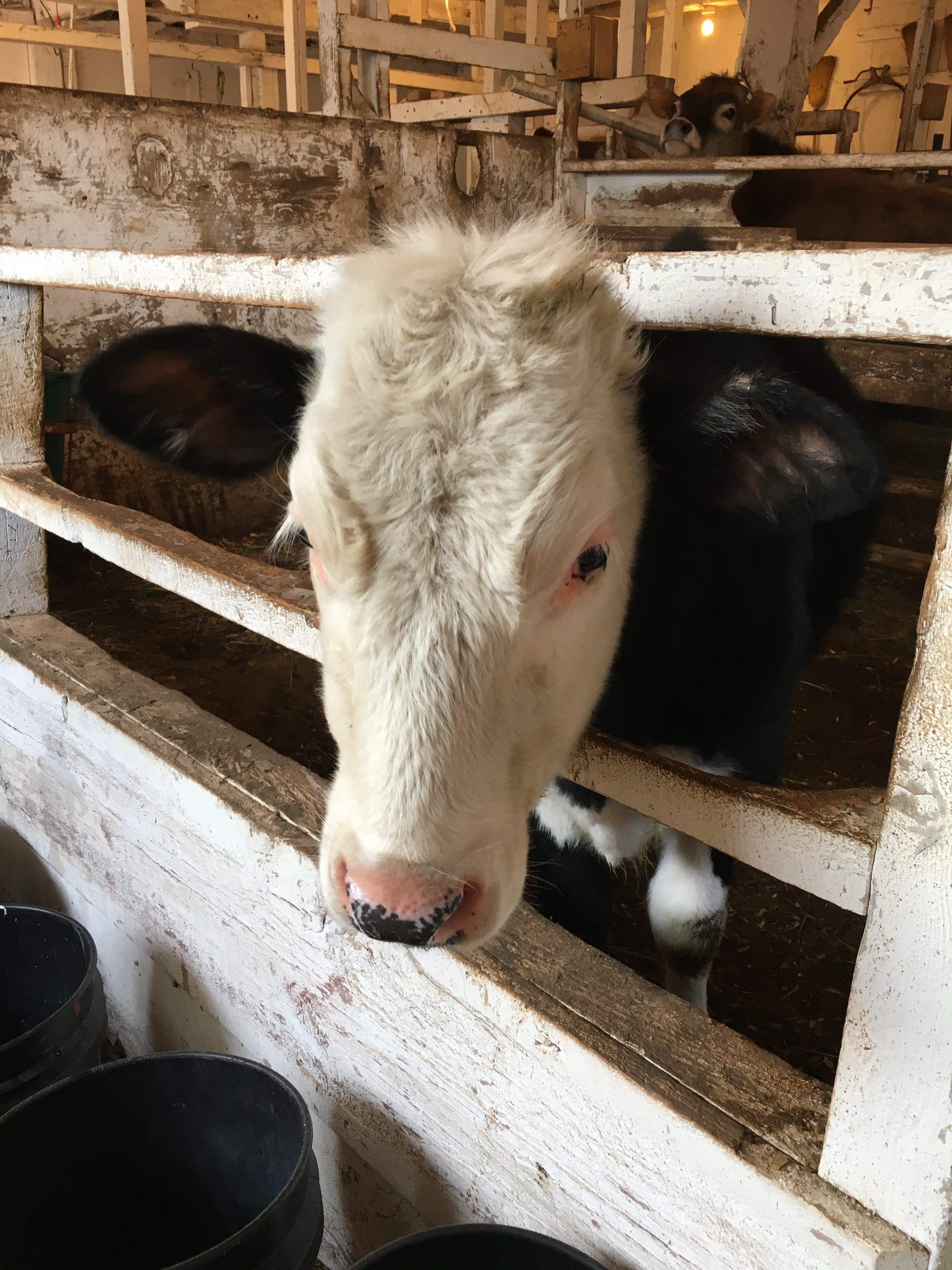 Dear families,
We are having a lot of fun at the farm. We arrived at 1:00 this afternoon, ate homemade cinnamon buns and then unpacked.
Dear families,
We are having a lot of fun at the farm. We arrived at 1:00 this afternoon, ate homemade cinnamon buns and then unpacked.

